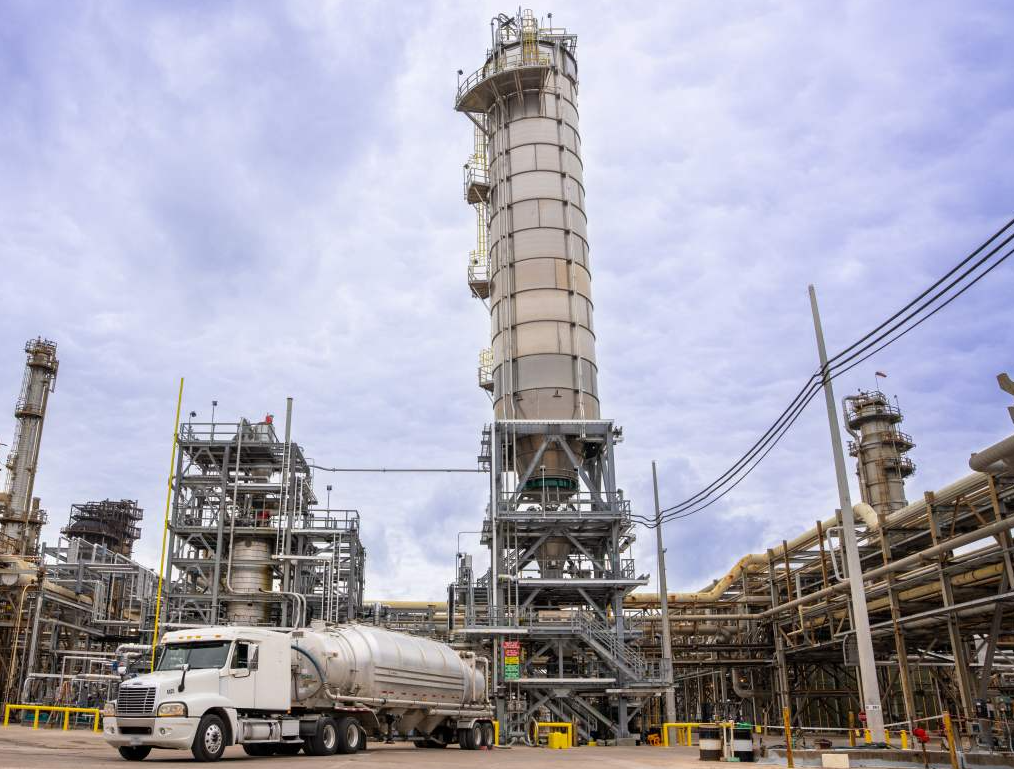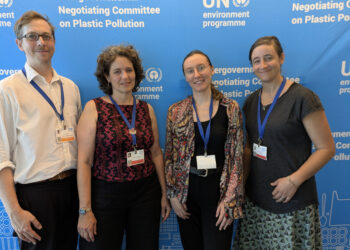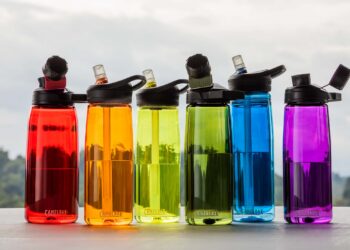Plastics Recycling Update
Agilyx leaves US chem recycling, Houston sorting center
The European company will transfer its ownership share in the Houston plastics sorting center to JV partners LyondellBasell and ExxonMobil.
German researchers say plastics treaty still within reach
In a new white paper, the group proposes three key changes to revive the treaty talks after a new chair...
PP cups now ‘widely recyclable’ with increased acceptance
With more than 60% of US households having access to curbside recycling collection for PP to-go drink cups, the How2Recycle...
ICYMI: Top 5 plastics stories from January 2026
News on the sudden withdrawal of California’s proposed recycling regulations, California recycling data, another RPET closure, EU support for recyclers,...
Flexible Film Recycling Alliance releases first report
The Flexible Film Recycling Alliance has published its first report on progress made toward accelerating recycling rates, expanding access to...
Eastman looks to recycling plant to drive growth
Despite a "highly uncertain" macroeconomic landscape, the company expects to see accelerated revenue growth in 2026 from its Renew line...
Dow makes case for PE price hikes amid layoffs
Persistently low virgin resin pricing has been a significant factor for PE recyclers, who have been unable to compete.
Emerging state EPR shows trend toward harmonization
During an APR webinar, recycling policy experts explored the growing list of EPR bills for packaging, and the implications for...
VW investing millions in auto recycling in Germany
The German vehicle manufacturer plans to invest up to €90 million in its Zwickau plant, in efforts to supply its...
Ineos launches R-PP grade for EU cosmetics packaging
The new hybrid resin contains 70% mechanically recycled PCR plastics with virgin "booster polymers" for use in cosmetics applications including...























